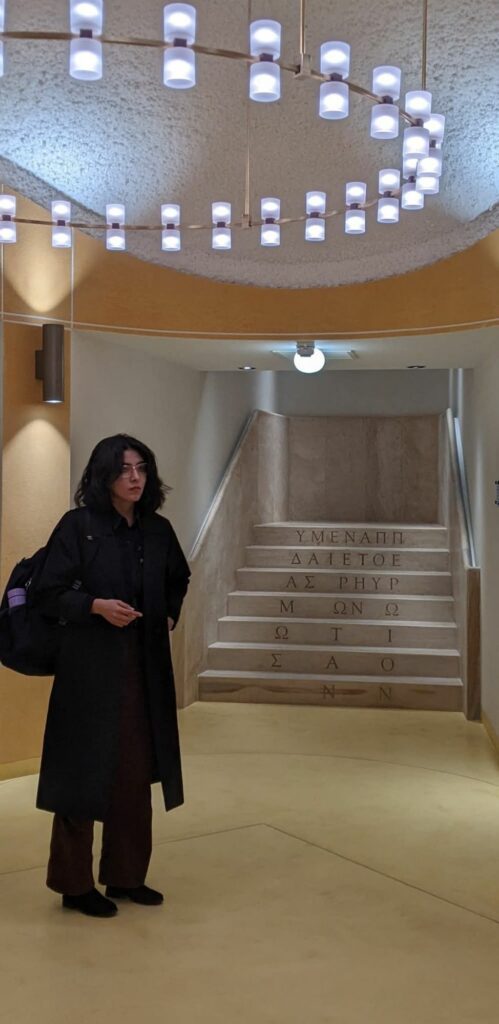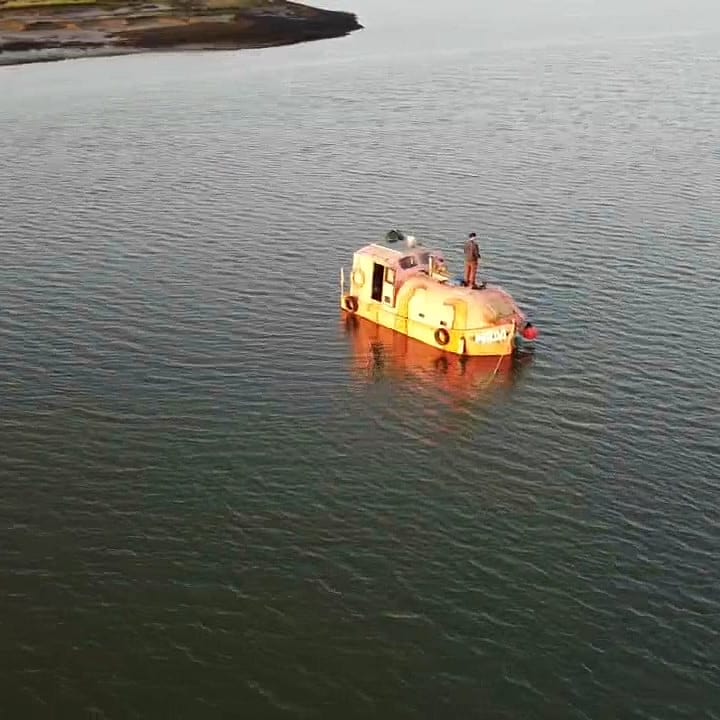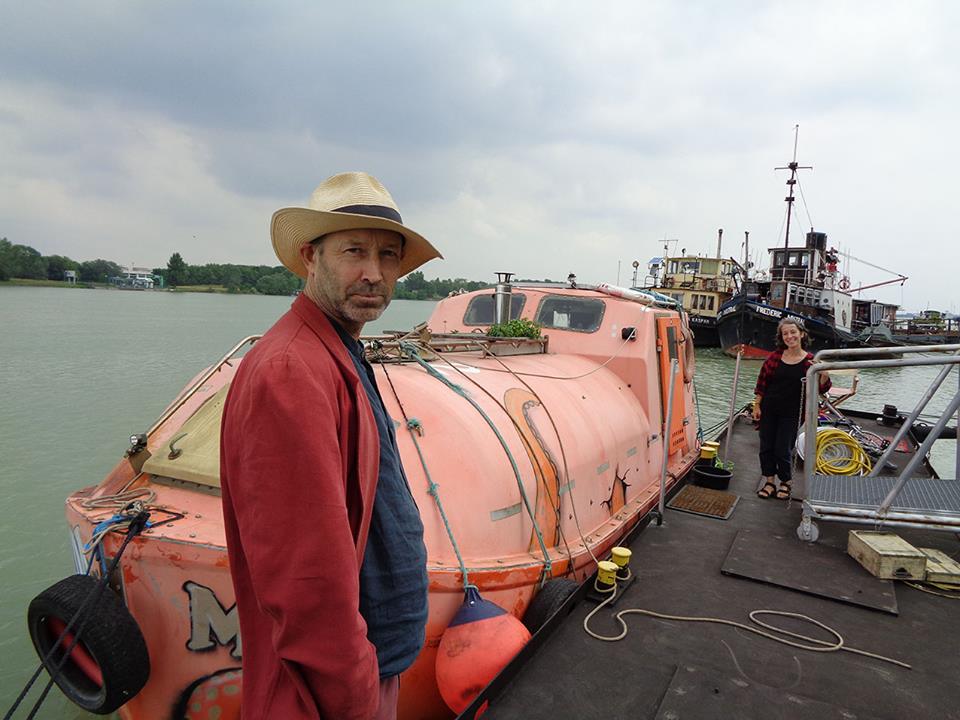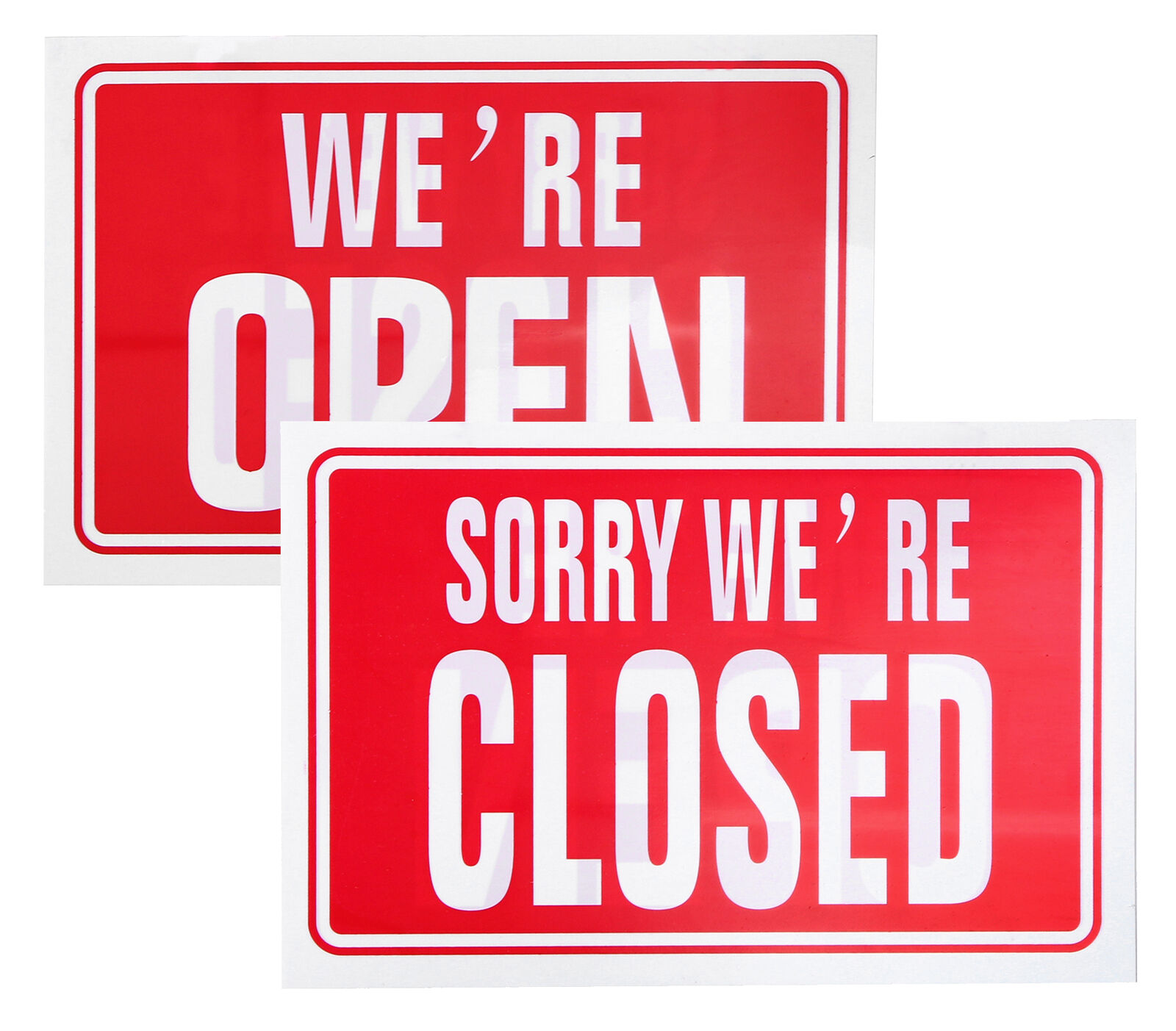A conversation with Professor Stephen Rosen and Professor Shivaji Sondhi on artificial intelligence in warfare. The talk stays on the surface, not offering deep insights, but it does stimulate thinking, which is maybe its purpose. We are already well down this path.
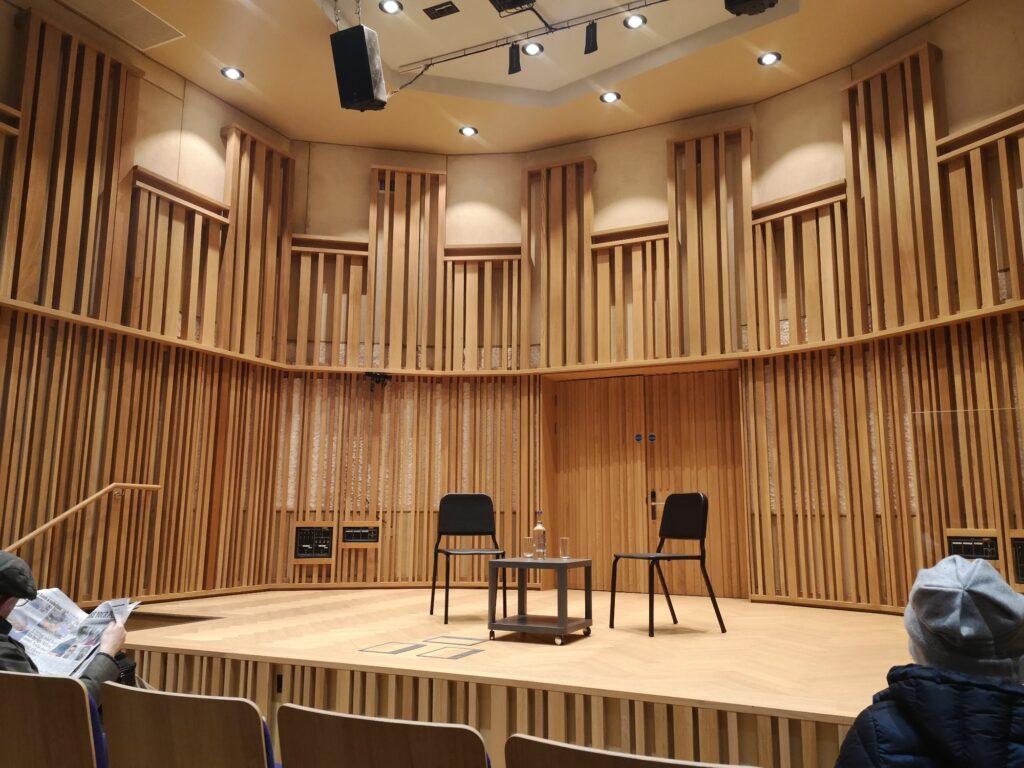
Some of my takeaways: #AI in war functions as a force multiplier, but the key question is how nations deploy it. Ukraine shows that both sides use similar technology. A major limitation of current AI use is that it is too expensive to be integrated into cheap drones and autonomous weapons. To bypass communication jamming, control is shifting to space, which then requires AI to operate in space as well.
A stopgap is drone relays flying at high altitudes, but these become targets themselves. Simple autonomy (using basic image recognition) is being developed to maintain functionality when communications are jammed, for both targeting and navigation. With this we highlight the issue of autonomy and decision-making, if AI is to be increasingly used to managing battles, then the advantage will go to those who trust it most. Authoritarian states embrace AI more readily, as they do not trust their own people. This “first strike advantage” AI brings increases instability in conflicts.
This rises, the issue of why the U.S. Fails in War. The answer might be simple, the U.S. often struggles in warfare due to a lack of understanding of other cultures, leading to psychological biases in strategy. AI might help identify these blind spots by analysing what people actually fear. However, there’s scepticism, will AI truly improve decision-making, or will it reinforce existing biases?
Vulnerabilities and decision-making, it is already used in autonomous machine decision-making for missile defence, where human response times are too slow. People are more ready to accept AI in a defensive role because it does not involve direct human casualties, but history shows that similar systems have been used offensively, sometimes dangerously. The Soviet Union’s use of automated nuclear systems for attack nearly led to disaster. The increasing reliance on AI in space-based “defence” systems raises concerns about whether similar failures could occur today.
Let’s step back from that brink, to look at the future of AI in war in wider senses. In the near future, the battlefield is moving to space, where communication for AI-controlled drones and communications is increasingly shifting. Ukraine’s use of Starlink: SpaceX’s Starlink satellite network has been crucial for Ukraine, allowing drones and soldiers to maintain communication even under heavy Russian jamming.
A scary likely future scenario is AI-controlled satellites managing drone vs. drone warfare, where AI systems fight each other in a logistics and targeting battle, without direct human involvement. This creates new arms control challenges, how do you regulate AI-driven weapons? How do you verify compliance when AI systems operate in secret?
AI and economic warfare: #Capitalism vs. #Socialism, AI is also shifting the balance of power between capitalist and socialist economies. For example: China’s “social credit system”: AI-driven surveillance and data collection allow China to exert social planing while improving resource allocation. Silicon Valley’s AI in finance: AI algorithms in the U.S. optimize high-frequency trading, automating stock market decisions and reinforcing economic inequalities.
Could AI reshape military-industrial production? AI could redefine supply chains, making economies less dependent on foreign production. AI-powered cyber warfare could cripple rival economies without direct military engagement. This raises a final question, will AI-driven economies favour authoritarian or democratic paths?
Conclusion, the future of AI in war, the panel discussion raises far more questions than answers. Will AI create more stable deterrence, or increase instability by enabling preemptive strikes? Will “democracies” fall behind authoritarian regimes in AI warfare due to ethical constraints? How will AI shape the future of economic and military power?
The only certainty #AI is already changing the nature of warfare, and we are not in any way prepared for this.
